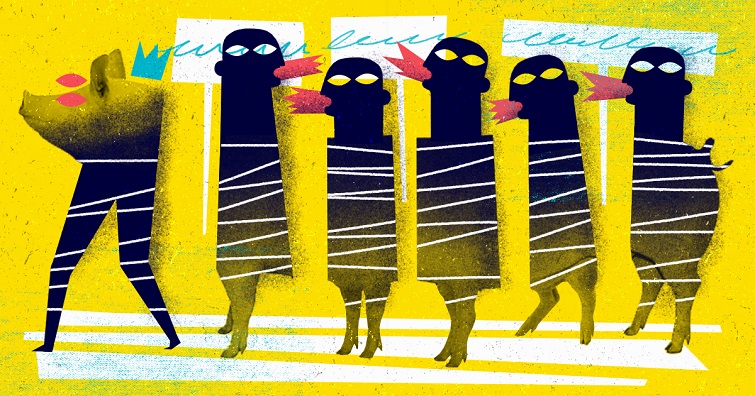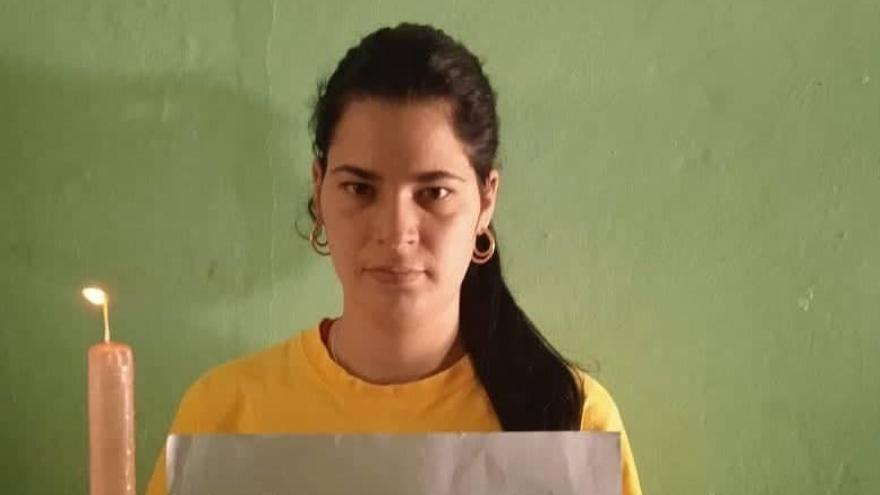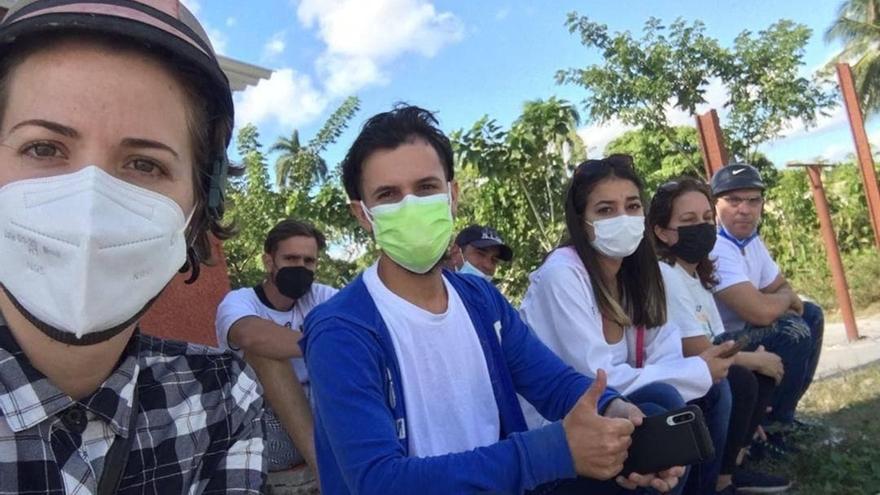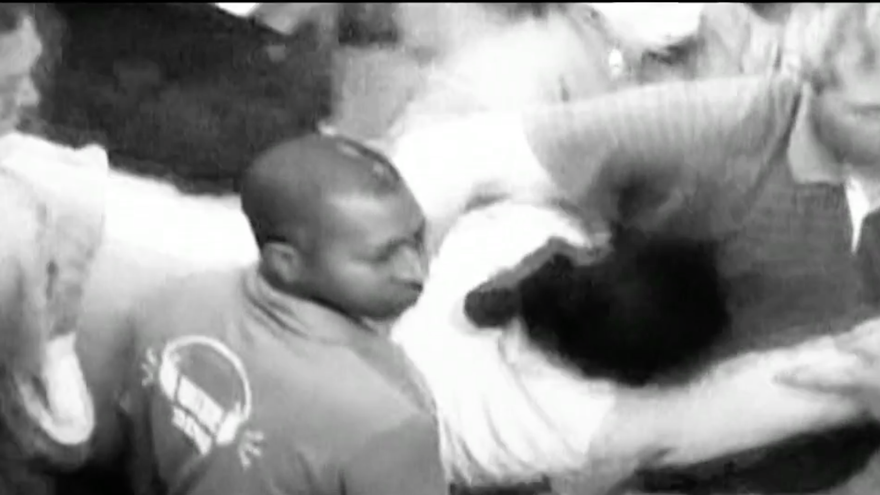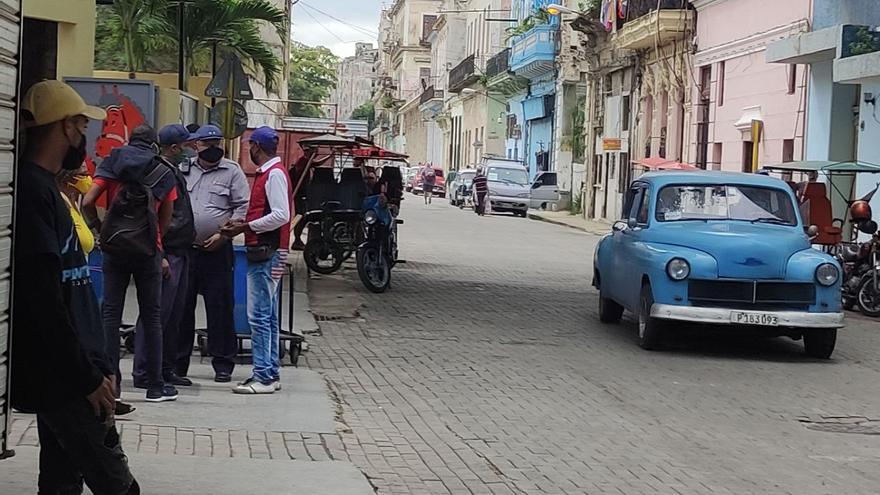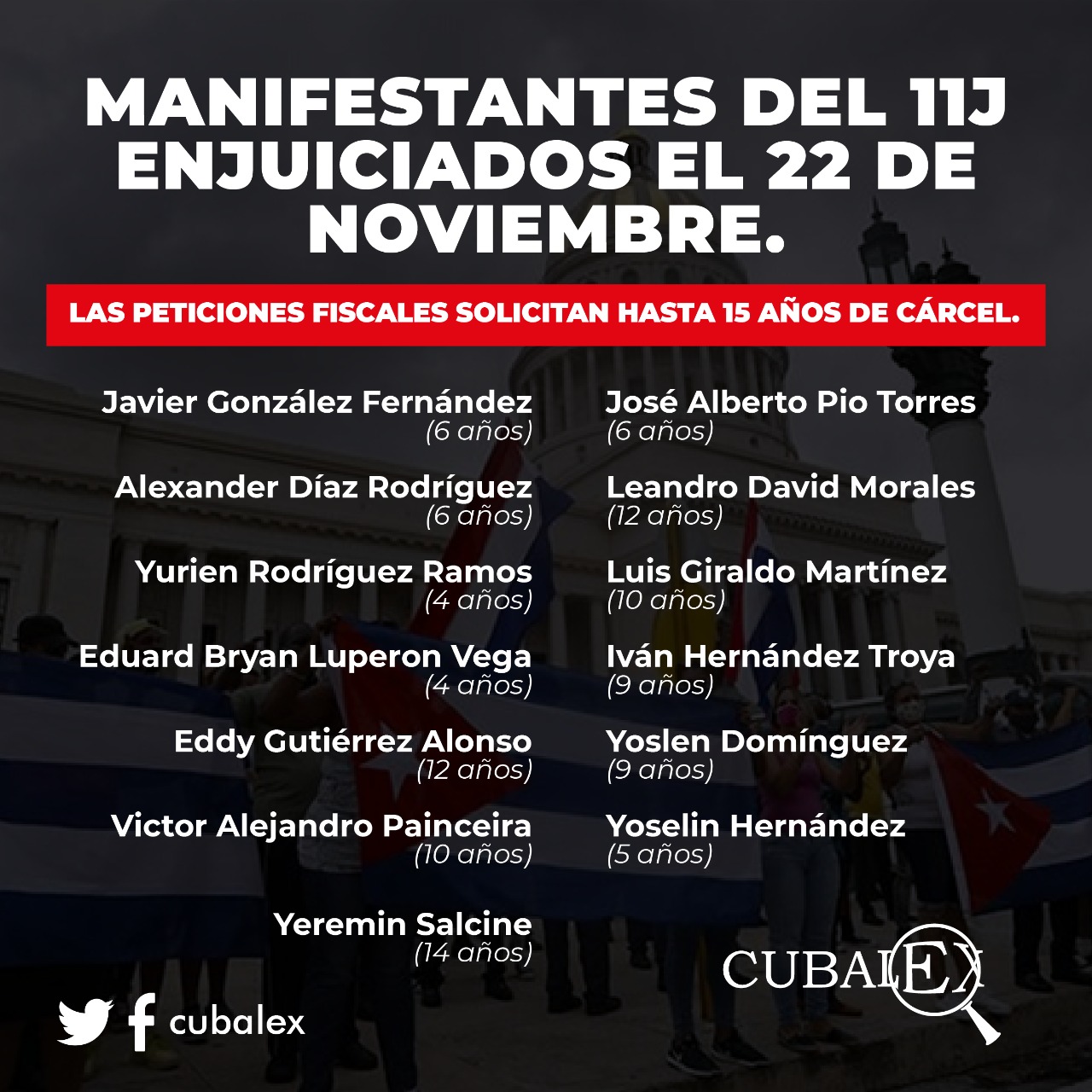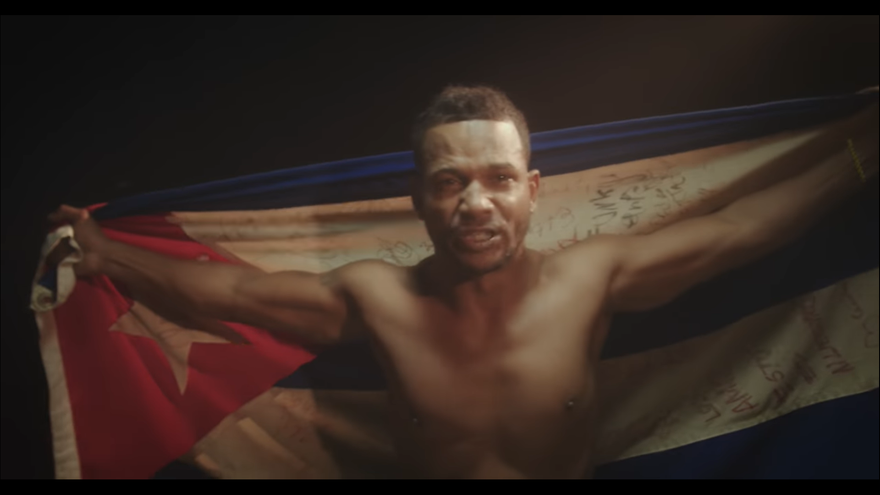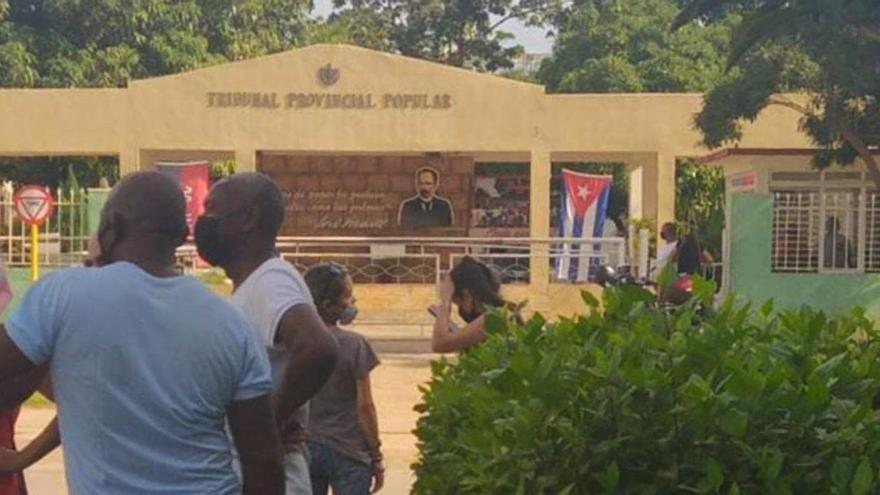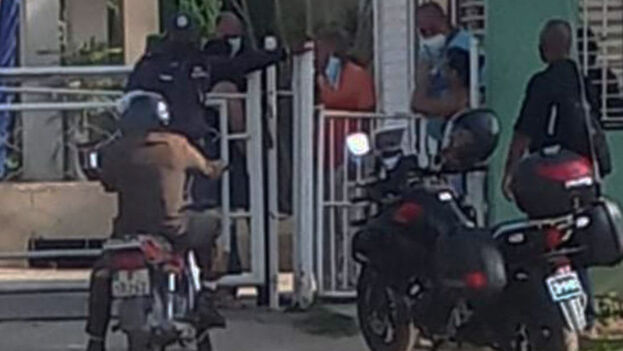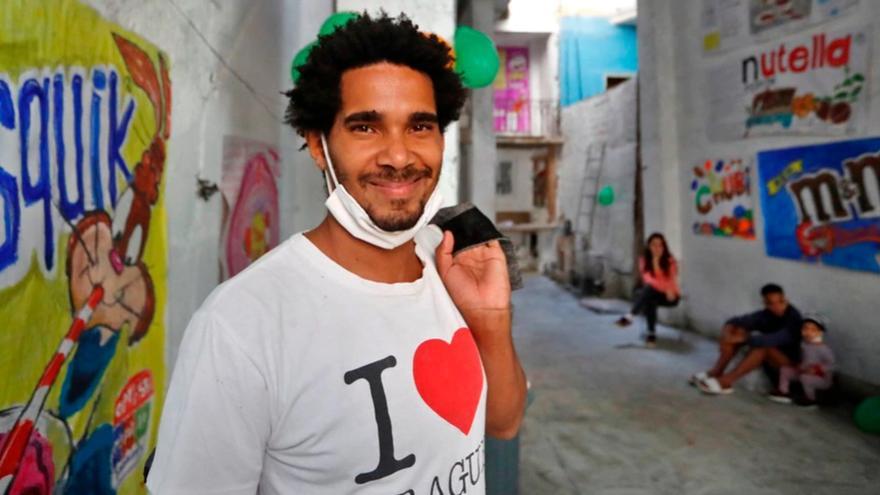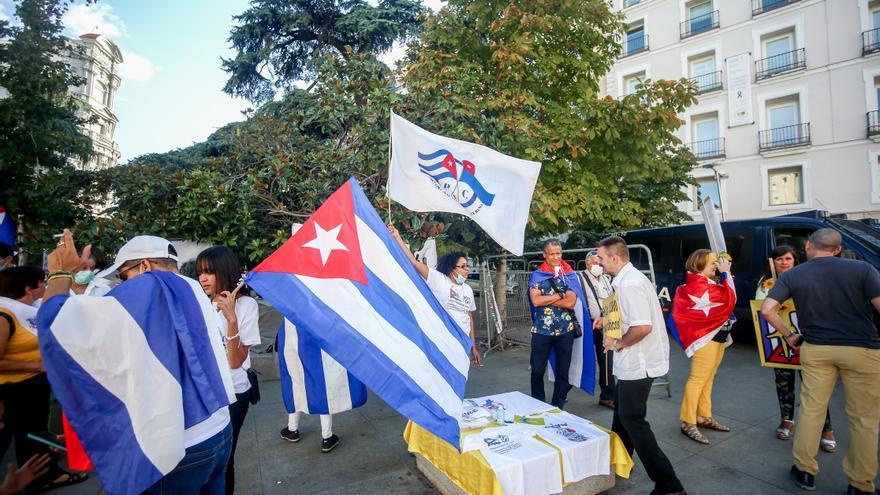
![]() EUROPA PRESS/14ymedio, Madrid, January 4th, 2022 — On Tuesday, Cuban Prisoners Defenders denounced that in 2021 a total of 955 people have been included in their list of political prisoners, they also alerted that the figure “is only a fraction” of the total.
EUROPA PRESS/14ymedio, Madrid, January 4th, 2022 — On Tuesday, Cuban Prisoners Defenders denounced that in 2021 a total of 955 people have been included in their list of political prisoners, they also alerted that the figure “is only a fraction” of the total.
In a report, the organization detailed that in January 2021 it was aware of 138 political prisoners and that from then until the end of December, another 817 political prisoners have been added.
Currently, 842 remain, according to Prisoners Defenders who reiterated that this number constitutes between 40% and 50% of the real number, the verification of which “simply cannot be accomplished” by any organization.
Of these 842 cases, 700 correspond to the repression of 11J (July 11) and 15N (November 15) in Cuba, “an estimate 40% lower than the total generated by the wave of repression, as it is impossible to know the cases among the population,” they emphasized. Of the total, 107 are women.
Among them, are included 26 minors–aged 14 to 17 years–and 50% of them, 13 minors, are accused of sedition. In all, 132 verified political prisoners have been processed and charged with sedition, according to the organization, which stated that 387 have already been sentenced; 137 received sentences longer than 10 years in prison. continue reading
The 842 verified political prisoners are divided into Convicts of Conscience, Convicted Persons of Conscience, and others.
“Convicts of conscience” number 545 and Prisoners Defenders highlights that they are imprisoned “only for reasons of conscience, that is, for strictly exercising their most fundamental human rights, with charges that are proven false and fabricated, or of a non-criminal nature, absolutely related to their way of thinking.”
A total of 205 are Convicted Persons of Conscience, “who are subjected to prosecutorial processes or judicial sentences of forced domestic labor, measures that limit their freedom, conditional release under threat and other limitations to their freedom, including those that are subject to firm sentences which are not executed.”
In this regard, they indicate that the Government of Cuba, “in addition, habitually revokes these and imprisons activists who do not cease their pro-democracy activities, as we have seen month after month for years.”
Lastly, another 92, “Other Political Prisoners,” do not fit squarely into any of the aforementioned categories, but are held in a political prison.
Translator: Silvia Suárez
____________
COLLABORATE WITH OUR WORK: The 14ymedio team is committed to practicing serious journalism that reflects Cuba’s reality in all its depth. Thank you for joining us on this long journey. We invite you to continue supporting us by becoming a member of 14ymedio now. Together we can continue transforming journalism in Cuba.


